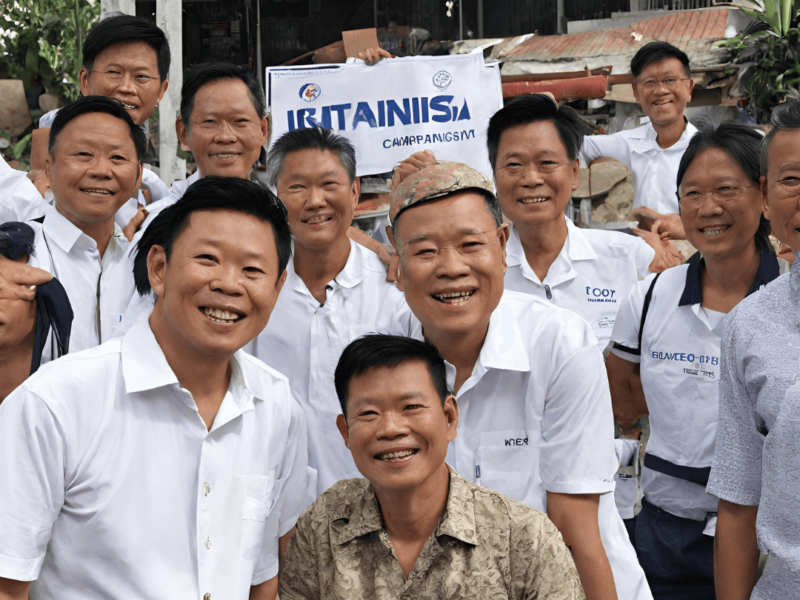Mosquito-Borne Illnesses: A Growing Threat
Mosquito-borne illnesses have become a major concern worldwide, with the rise in cases of diseases such as dengue fever, Zika virus, and chikungunya. These viruses, transmitted through the bite of infected mosquitoes, pose a significant threat to public health. The need for enhanced awareness and vaccination campaigns has never been more urgent.
The Impact of Mosquito-Borne Viruses
The impact of mosquito-borne viruses is far-reaching, affecting millions of people each year. These illnesses can cause a range of symptoms, from mild discomfort to severe illness and even death. The consequences go beyond individual suffering, as they also place a burden on healthcare systems and disrupt economies, particularly in regions that heavily rely on tourism.
Understanding Mosquito-Borne Diseases
To effectively combat mosquito-borne diseases, it is crucial to understand their transmission and lifecycle. Mosquitoes, particularly species like Aedes aegypti and Aedes albopictus, are responsible for the spread of these viruses. These insects thrive in warm and humid environments, making tropical and subtropical regions most vulnerable. They breed in stagnant water sources, such as flower pots, discarded tires, and even puddles.
The Need for Enhanced Awareness
Raising public awareness about mosquito-borne illnesses is a critical first step in combating their spread. Communities must be educated about the risks posed by these viruses, the importance of personal protective measures, and the role they can play in reducing mosquito breeding sites. By enhancing awareness, individuals can take proactive steps to protect themselves and their communities from these dangerous diseases.
Vaccination Campaigns: A Vital Strategy
While preventive measures can significantly reduce the risk of mosquito-borne illnesses, vaccination campaigns remain a crucial strategy for controlling their spread. Vaccines against diseases like dengue fever are now available, providing a valuable tool in the fight against these viruses. Efforts must be made to ensure access to vaccines in vulnerable communities, particularly in areas with high transmission rates.
Collaborative Efforts for Success
Effectively combating mosquito-borne illnesses requires collaborative efforts from governments, healthcare systems, NGOs, and individuals. Strong leadership and coordinated actions are essential to improve surveillance, implement vector control measures, and promote vaccination campaigns. International organizations like the World Health Organization (WHO) play a vital role in providing guidance and technical support to countries affected by these diseases.
The Role of Research and Innovation
Continued investment in research and innovation is crucial to staying ahead of mosquito-borne viruses. Ongoing studies can help improve our understanding of virus transmission and the development of effective vaccines. Technological advancements, such as genetically modified mosquitoes or novel control methods, are areas to explore further. Additionally, utilizing digital platforms and artificial intelligence can help in efficient surveillance and early detection of outbreaks.
Conclusion
Enhanced awareness and vaccination campaigns are paramount in the battle against mosquito-borne illnesses. To protect individuals and communities from the devastating consequences of these viruses, it is vital to prioritize prevention, promote environmental measures, and ensure access to vaccines. By working together at local, national, and international levels, we can raise the bar in combatting mosquito-borne diseases and safeguard public health.
Emergency Response Team Mobilizes to Aid Christchurch Paraglider Accident
Catholic Teaching and US Bishops: The Call for Divestment Reflected in CTSA’s Findings

